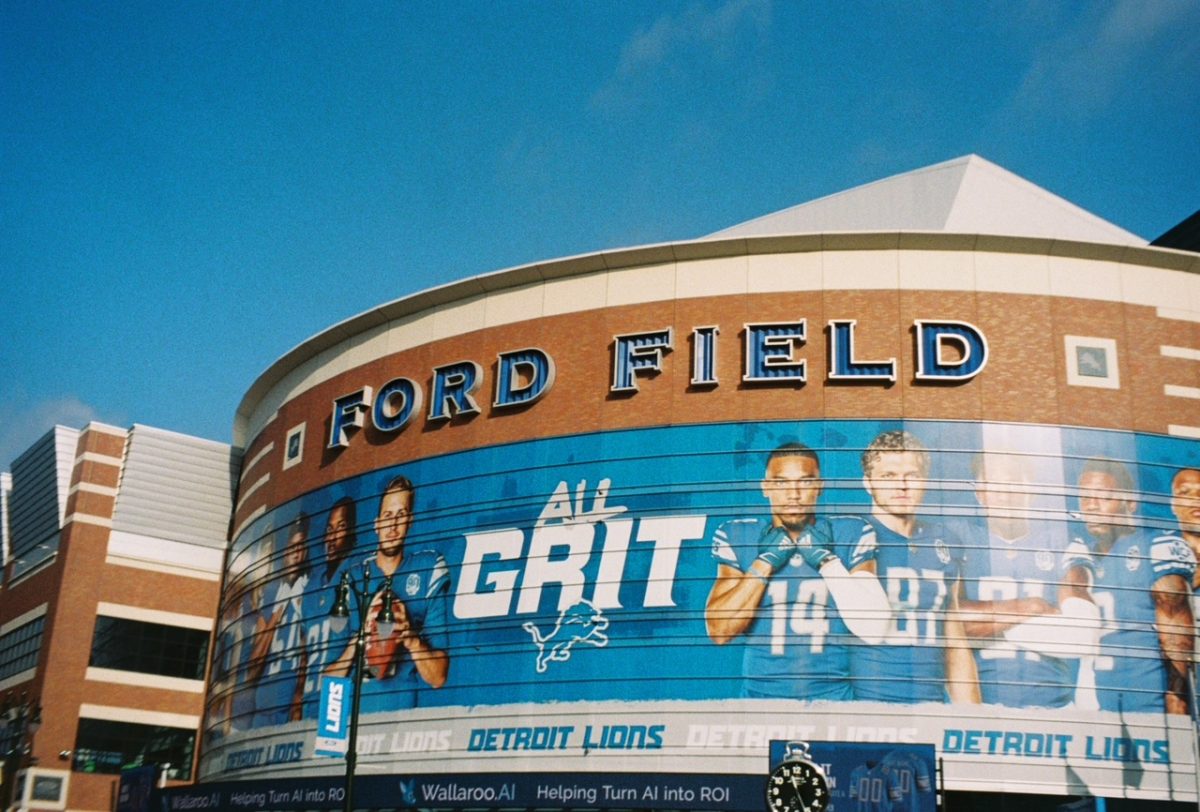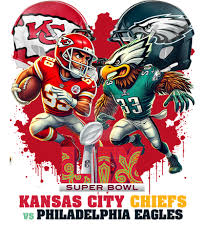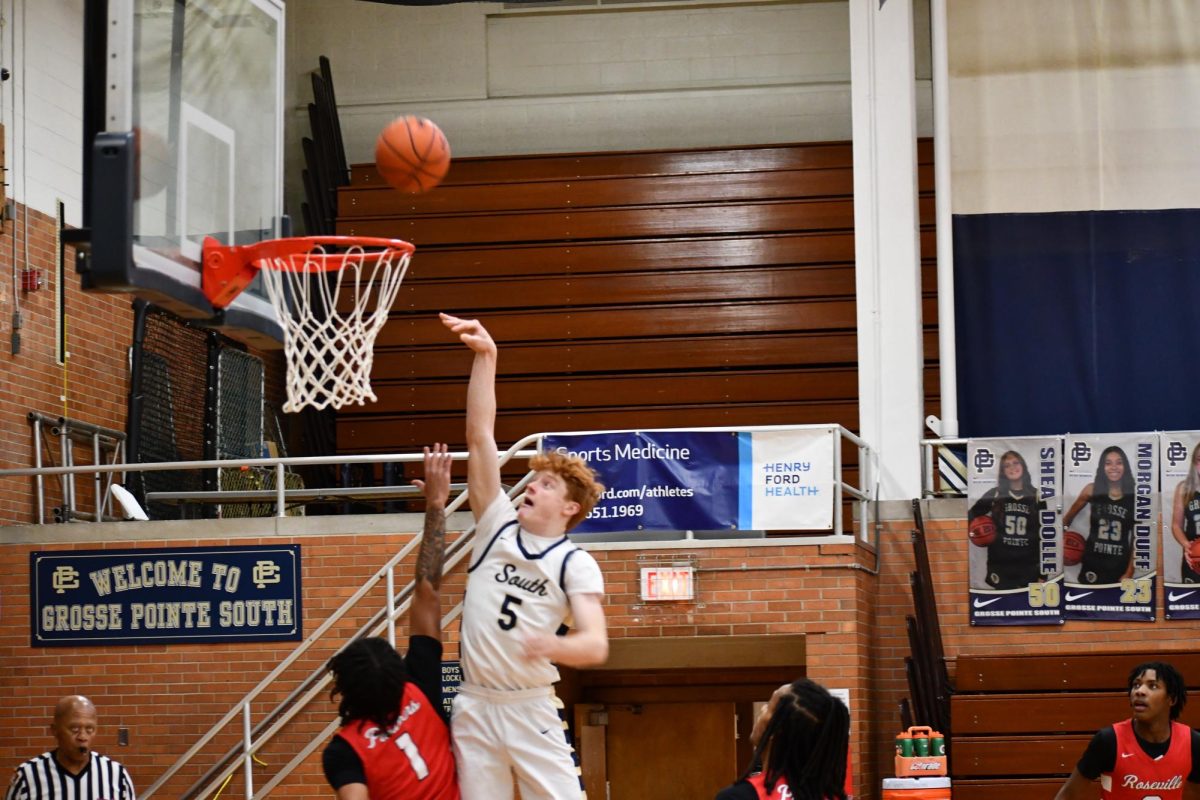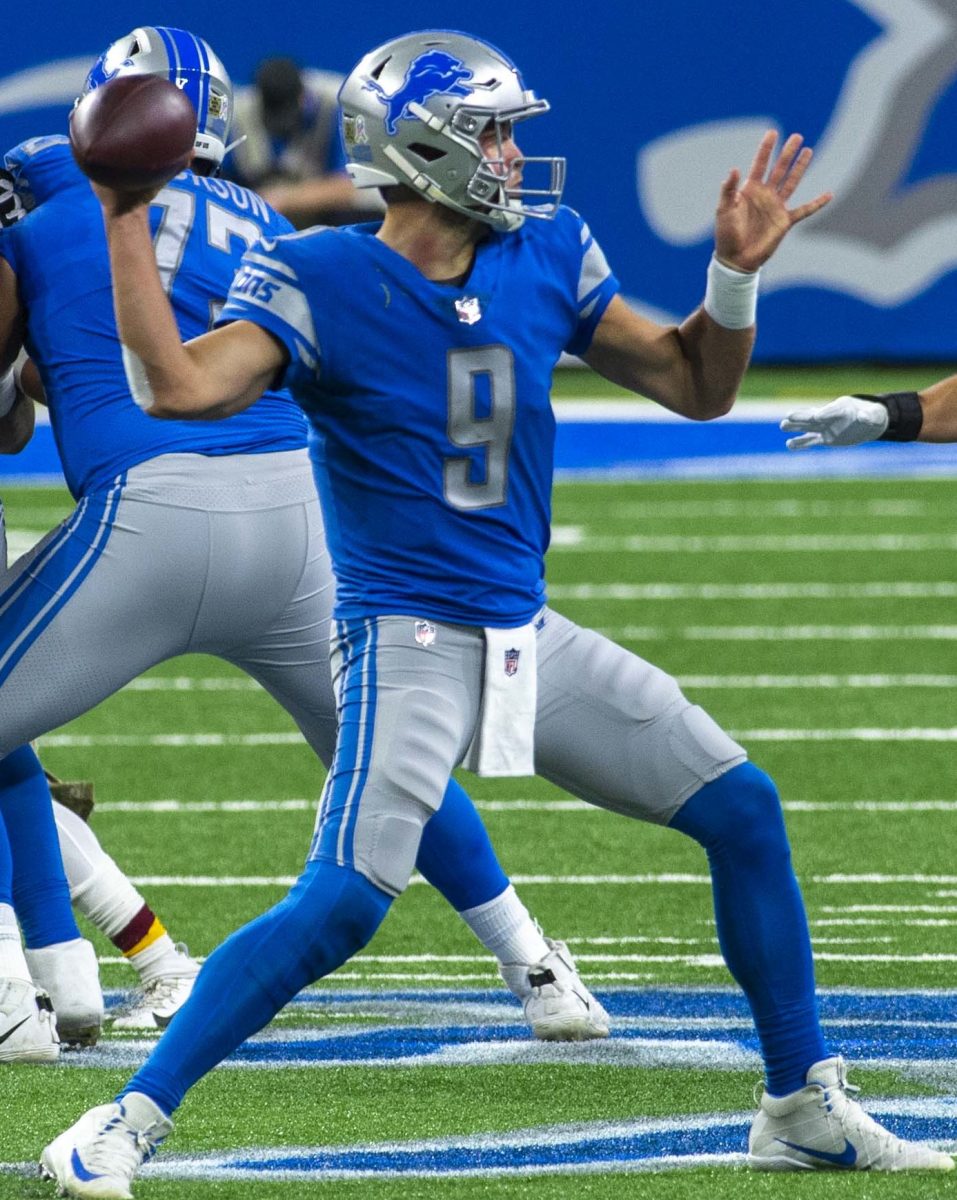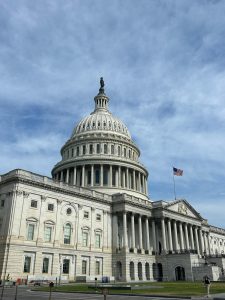Why the Lions lack liability for Stafford
Marked for Fair Use from the Washington Football Team vs. Detroit Lions at Ford Field, Detroit, Michigan, November 15, 2020 (All-Pro Reels Photography)
February 4, 2022
On January 30, 2021 the Detroit Lions traded Matthew Stafford to the Los Angeles Rams for quarterback Jared Goff, two first-round picks and a third-round pick. It was one of the only blockbuster trades in a hyped up offseason, and hence was a large talking point going into the 2021-2022 season.
Although it has gone back and forth on who “won” the trade, I believe it was the right move for all parties involved. The Rams got their quarterback, the Lions got a jumpstart to their rebuild, Matthew Stafford will get a chance to finally win himself a ring, and Jared Goff will get a second chance on a team that isn’t actively bashing him. Since that trade though, there has been an infuriating statement going around that has fractured Lions fans. With every win Stafford accumulates, the narrative of the Lions wasting Stafford’s prime grows.
Not only is this stance incorrect, but I believe that people are letting Stafford get away with his role in what is one of the worst franchises in the NFL. With a 74-90-1 record over his 12 seasons with the Lions, he never once won a playoff game. From not having a good defense, a quality offensive line or enough receiving targets, it was seemingly easy for Stafford to get virtually zero blame.
The one fact that half of Detroit fans seem to forget, is that he signed two massive contract extensions to stay in Detroit. Once he decided to be the second highest paid quarterback in the league, he had made his peace with having a ceiling of mediocracy for at least the three years until that deal expired. It would make sense to think after getting such a large payday, the QB would want to move on and try to win and chase a championship. Instead, he signed another contract extension which made him the 2nd highest paid quarterback in the league, not to mention his 50 million dollar signing bonus.
Tom Brady shows that you can severely affect your team’s success by not eating up a huge percentage of your team’s salary cap. Brady prioritized winning over anything else, and thus was able to achieve greatness by allowing his team to surround him with high-caliber players.
Stafford made the opposite choice. He wanted to earn generational wealth more than a Super Bowl. No one was forcing him to stay on a mediocre team longer than his rookie contract. I don’t blame him for his decision to earn his keep, but when he made that decision, he lost the ability to turn around and blame the franchise that lined his pockets for over a decade.






























































